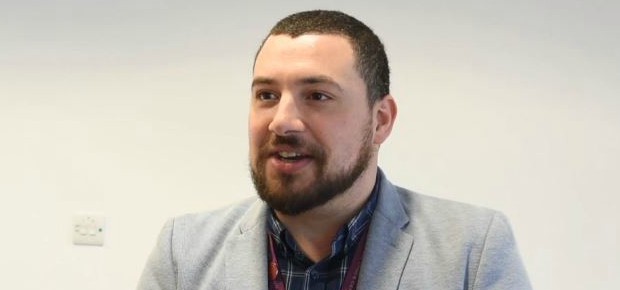 Go to Canterbury Christ CHurch University's website
Go to Canterbury Christ CHurch University's website
 Go to Canterbury Christ CHurch University's website
Go to Canterbury Christ CHurch University's website


2045
University course: You could do a foundation degree, higher national diploma or a degree in:
College course: You could do a college course, which may lead onto more advanced qualifications or a higher apprenticeship, or help you to get a trainee position with a company. Courses include:
Apprenticeship: You could do a software developer higher apprenticeship or degree apprenticeship in software engineering. You could also complete a digital and technology solutions degree apprenticeship.
Graduate training scheme: You may be able to apply for a place on a graduate training scheme with a company if you have a degree. These are often open to non-IT graduates as well as those with a computing qualification.
University: 1 or 2 A levels, or equivalent, for a foundation degree or higher national diploma
2 to 3 A levels, or equivalent, for a degree
College: 4 or 5 GCSEs at grades 9 to 4 (A* to C), or equivalent, including English, maths and computing
4 or 5 GCSEs at grades 9 to 4 (A* to C), or equivalent, including English and maths for a T level
1 or 2 A levels, or equivalent, for a higher national certificate or higher national diploma
Apprenticeship: 4 or 5 GCSEs at grades 9 to 4 (A* to C) and A levels, or equivalent, for a higher or degree apprenticeship
“I knew what I wanted to do at University, but I waited until I was ready. Here I am doing this, and it’s so enjoyable.”